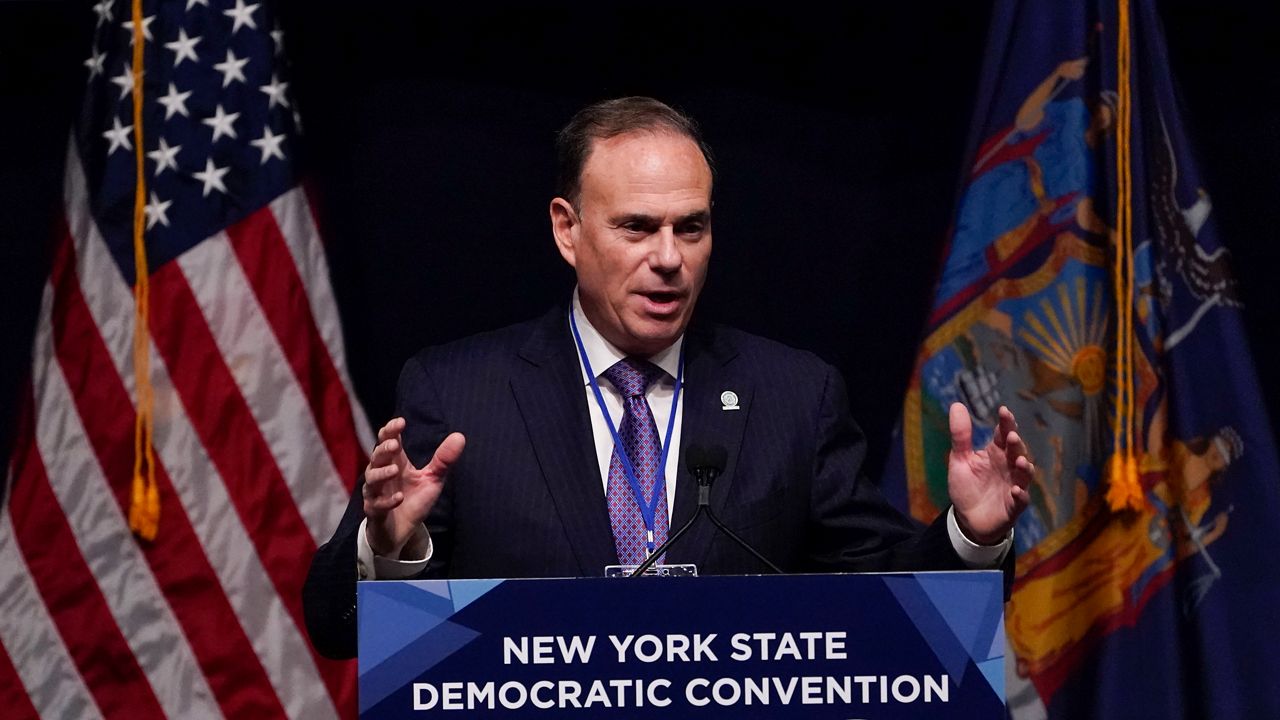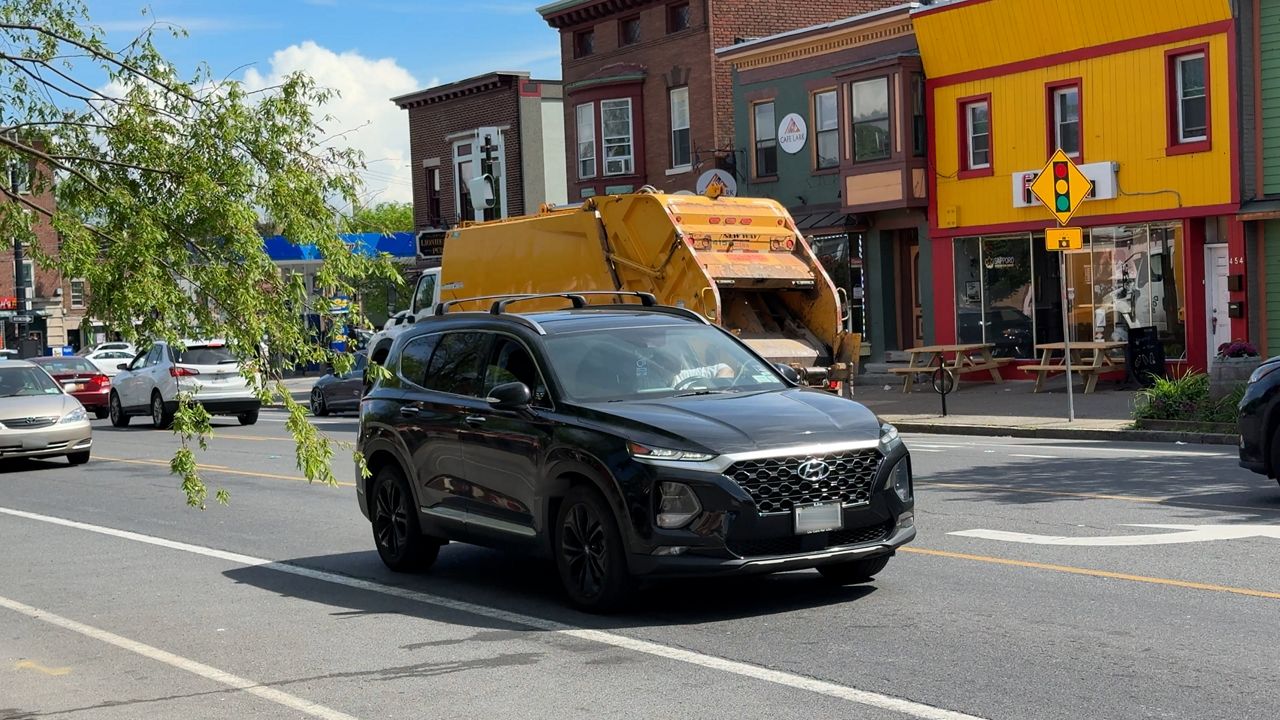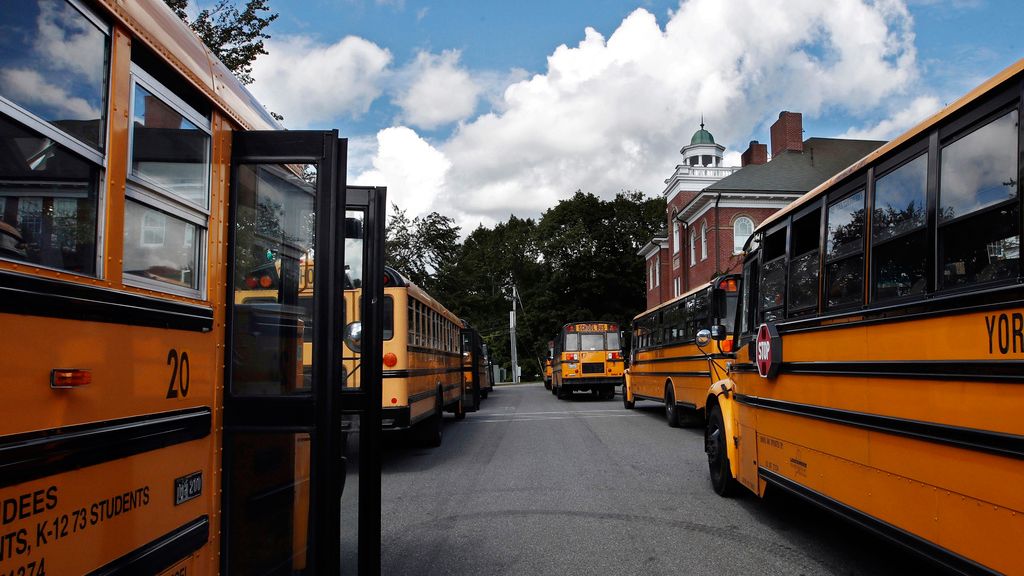Sexual health educator Brittany Beyus provides free condoms to teenagers, but she’s not so sure they’re using them.
According to recent data from the CDC, fewer sexually active teens and young adults are using condoms.
Fifty-two percent of sexually active high schoolers said they used a condom the last time they had sex. Ten years ago, it was 60%.
"I really desperately wish that I was surprised by it," said Beyus, a youth program manager with Upper Hudson Planned Parenthood. "But the number of students that are absolutely cavalier and nonchalant about their health care is a little bit wild."
Beyus says more young people are focused on pregnancy prevention, so they choose hormonal birth control. Since condom use is down, sexually transmitted illnesses are on the rise.
People 15 to 24 years old account for nearly half of new STIs in the U.S. every year.
As the founder and executive director of PRISM, a non-profit dedicated partly to expanding sexual health resources, 22-year-old Maxx Fenning is tackling tough topics on TikTok.
"I talk about the things that a lot of times our schools don't want to broach," said Fenning.
From one young person to another, his talks are reaching tens of thousands of them.
"I, as a young person, have never had to to witness someone pass due to an AIDS-related illness. Of course I know folks that are living with HIV, but are able to lead happy and healthy lives with that, and so I think in many ways it feels, especially for young people, that the stakes are just not as high," said Fenning.
In the teen clinic at Upper Hudson Planned Parenthood, Beyus has gained some insight into the generational differences attributing to the trends.
"There's so many things that they have had to care about and have had to kind of like improvise, adapt, overcome that now things that I would be absolutely panicked about at their age, they're just like, 'it's just another thing add it to the list," said Beyus.
New York schools are not required to teach sex education, but in the districts who choose to provide it, Beyus said the teenagers want to be armed with knowledge.
"Sometimes the questions I get asked are absolutely off the wall, and I need to, like, lie flat on the earth for 3-5 business days to recover, but they just want honest answers," said Beyus.
Beyus believes it’s knowledge that will lead to safer sex.
"I just want you to be able to make whatever choices are right for you, at the end of the day, that's the best we can do," said Beyus. "Whether or not you choose to listen and absorb this information, that's your business. But, we want to make sure that you have it so that you're able to make whatever choices are right for you in that moment."
EDITOR'S NOTE: This story has been edited to correct wording in a quote from Maxx Fenning.











